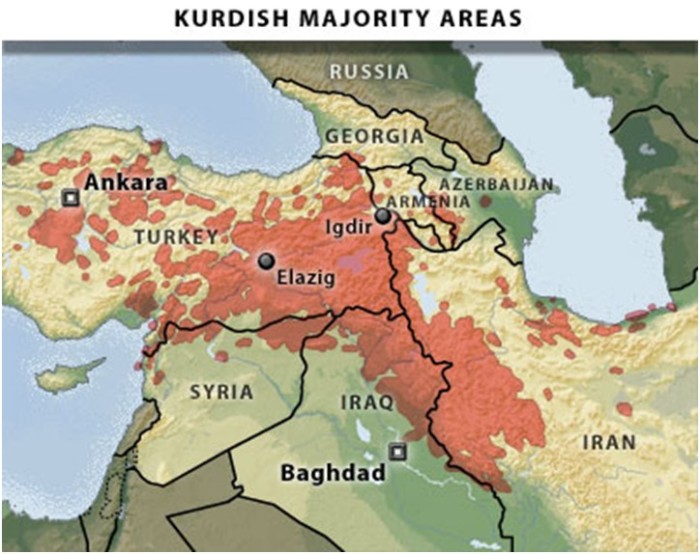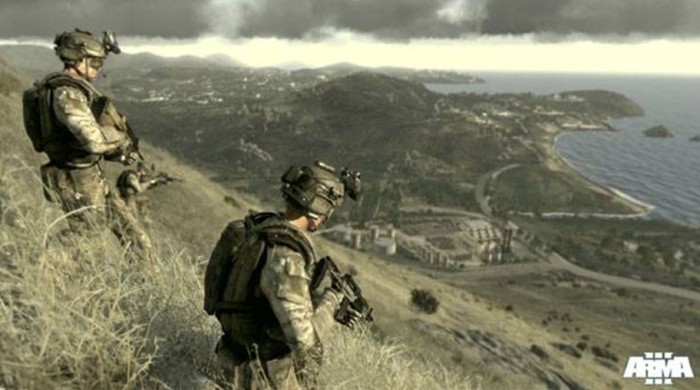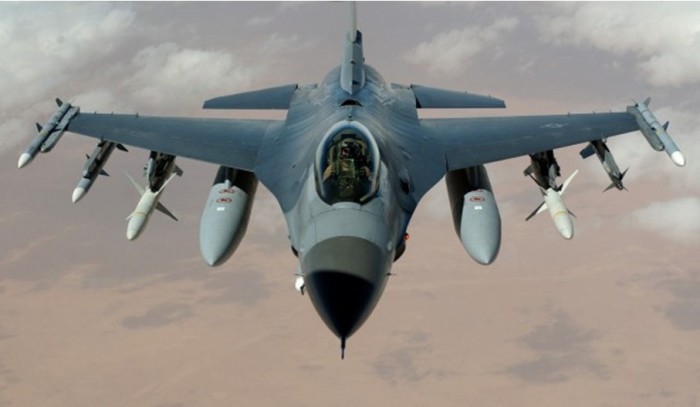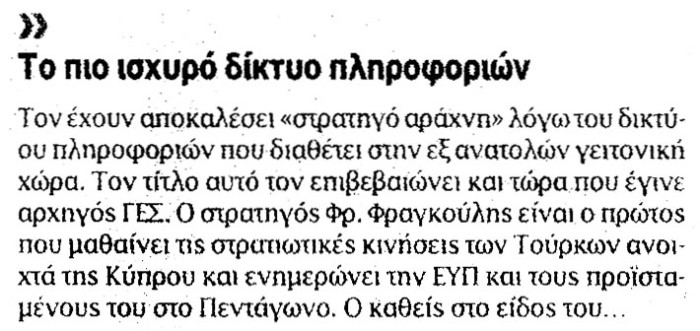Regional developments — from
Iranfilling a power vacuum in
Iraq, to protracted unrest in
Syria and a brewing Egypt-Israel crisis — are pushing Turkey into action. The United States is certainly aware of the problems that are quickly piling up in the
Middle East, but Washington is still trying to regain its footing after more than a decade of fighting wars in the Islamic world. Turkey is in a position to ease the United States’ burden in this region.
Washington and
Ankara will have their fair share of disagreements, but Turkey’s considerable military, political and economic power can help Washington manage the neighborhood while pursuing common strategic interests on other issues, such as the containment of
Russia.
“Turkey, unprepared to deal with the more difficult issues, is instead expending a great deal of effort on low-cost rhetorical moves designed to enhance its regional clout.”
Turkey, however, is not quite ready to fulfill this role, and is especially unprepared to project influence in the eastern Mediterranean. It takes time to build up regional clout, and to be credible a country needs to display military strength and political willpower. This may mean losing friends in some places, but for a country with ambitions like Turkey, that could be a small price to pay if it means Turkey’s neighbors will start taking Ankara more seriously. But hard power is, well, hard. Turkey, unprepared to deal with the more difficult issues, is instead expending a great deal of effort on low-cost rhetorical moves designed to enhance its regional clout.
As Turkey is learning in its dealings with Israel, however, rhetoric is of little use when not backed by substance. Condemnations against Israel are a great way for Turkey to enhance its appeal in the Arab street, especially amid pro-Palestinian fervor in the region as the United Nations vote over Palestinian statehood approaches. This led Turkish Prime Minister Recep Tayyip Erdogan last week to make a high-profile visit to Cairo, where he tried to evince a fatherly image, that of a regional caretaker come to help Egypt fend off an intractable neighbor. Yet there are no strong indications Turkey is prepared to follow through on threats to deploy frigates to escort Turkish aid ships to Gaza.
Israel finds itself in an increasingly vulnerable position, and cannot afford to alienate a regional neighbor like Turkey, but it also knows that Turkey does not want to get into a shooting war with the Israel Defense Forces. Israel and Turkey also have little interest in a covert battle of pitting militant proxies against one another, as Israel’s firebrand Foreign Minister Avigdor Lieberman threatened recently, announcing that Israel would support the Kurdistan Workers’ Party in Turkey. That bold statement may not have enjoyed the backing of all of Israel’s leadership, but it did give the Turks pause.
As Turkey realized the limits of its actions with Israel, it quickly turned its attention to the island of Cyprus. On the surface, Cyprus appeared to Turkey a far easier target in the eastern Mediterranean. Turkey thus reacted quickly to the news of Noble Energy’s drilling plans, and said that frigates, gunboats and the Turkish air force would be closely monitoring their actions. Moreover, Turkish officials have threatened to send their own oil platform to drill in the disputed waters off the coast of Cyprus, under a continental shelf agreement with the Turkish Cypriot government, and even to provide naval escorts for its exploration crews.
Turkey reckons that Europe is far too distracted with the eurozone crisis to come up with a coherent policy for Greece’s troubled finances, much less an energy dispute in Cypriot waters. Ankara also assumed that the United States, already dealing with multiple, growing crises in the eastern Mediterranean, and looking for Turkish assistance to put out many of these fires, would defend Turkey and pressure the Greek Cypriots and Noble Energy to hold back on drilling.
But the Turks appear to have miscalculated. The United States has been extremely quiet in recent days, but an “unnamed senior U.S. official” leaked to reporters that Washington supports “the right” of Cyprus to explore for energy. In other words, Washington was sending a careful, yet deliberate message to Turkey: to not count on U.S. backing in this fight, and to back down. In many ways, Turkey was using the Cyprus dispute as a litmus test in its relationship with the United States. Although Washington has a strategic need to develop a much stronger relationship with Turkey, it does not appear ready to back Ankara in this particular dispute. This is bound to cause friction in the coming days between Washington and Ankara.
The Turkish government may need to factor in an additional concern. Greece may indeed be far too distracted with its financial crisis to react decisively to Turkey’s actions against Cyprus. But if Turkey actually tries to follow through with its threat — carrying out overflights and providing naval escorts to energy exploration crews in disputed Cypriot waters — things could get messy. And if a hard-pressed Greek government is looking for a distraction to rally public support, a conflict with Turkey may not be a bad idea — especially if it’s one the Turks weren’t anticipating.
























